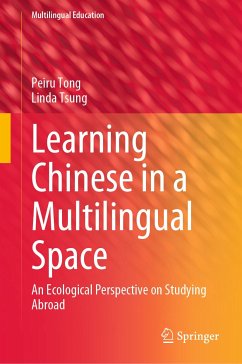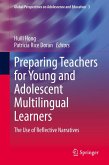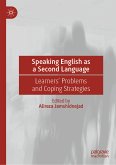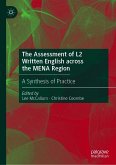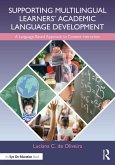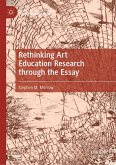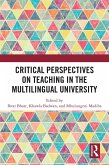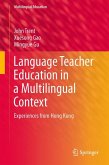This book examines the benefits of an Australian in-country study (ICS) in China programme and explores ways to maximise the short-term ICS experience in a multilingual space. The book employs an ecological perspective which has seldom been used to examine the study abroad context. It emphasises the importance of the space itself as an arena of interaction, belonging and power, where conduct and modes of communication are often regulated by political authorities and societal expectations. Specifically, the book focuses on the following:
. the extent to which the ICS facilitated interaction in different settings
. the way in which interaction during ICS contributed to language learning
. the degree in which the interaction during ICS contributed to culture learning and
. the role of identity in the learning process in the ICS.
The main argument of the book is that while the ICS promoted multilingual learning space for in-class and out-of-class interactions, which further facilitated language and culture learning to a great extent, Australian students' identities and self-concepts also played a core mediating role throughout individual learning trajectories.
. the way in which interaction during ICS contributed to language learning
. the degree in which the interaction during ICS contributed to culture learning and
. the role of identity in the learning process in the ICS.
The main argument of the book is that while the ICS promoted multilingual learning space for in-class and out-of-class interactions, which further facilitated language and culture learning to a great extent, Australian students' identities and self-concepts also played a core mediating role throughout individual learning trajectories.
Dieser Download kann aus rechtlichen Gründen nur mit Rechnungsadresse in A, B, BG, CY, CZ, D, DK, EW, E, FIN, F, GR, HR, H, IRL, I, LT, L, LR, M, NL, PL, P, R, S, SLO, SK ausgeliefert werden.
Es gelten unsere Allgemeinen Geschäftsbedingungen: www.buecher.de/agb
Impressum
www.buecher.de ist ein Internetauftritt der buecher.de internetstores GmbH
Geschäftsführung: Monica Sawhney | Roland Kölbl | Günter Hilger
Sitz der Gesellschaft: Batheyer Straße 115 - 117, 58099 Hagen
Postanschrift: Bürgermeister-Wegele-Str. 12, 86167 Augsburg
Amtsgericht Hagen HRB 13257
Steuernummer: 321/5800/1497
USt-IdNr: DE450055826
Bitte wählen Sie Ihr Anliegen aus.
Rechnungen
Retourenschein anfordern
Bestellstatus
Storno

